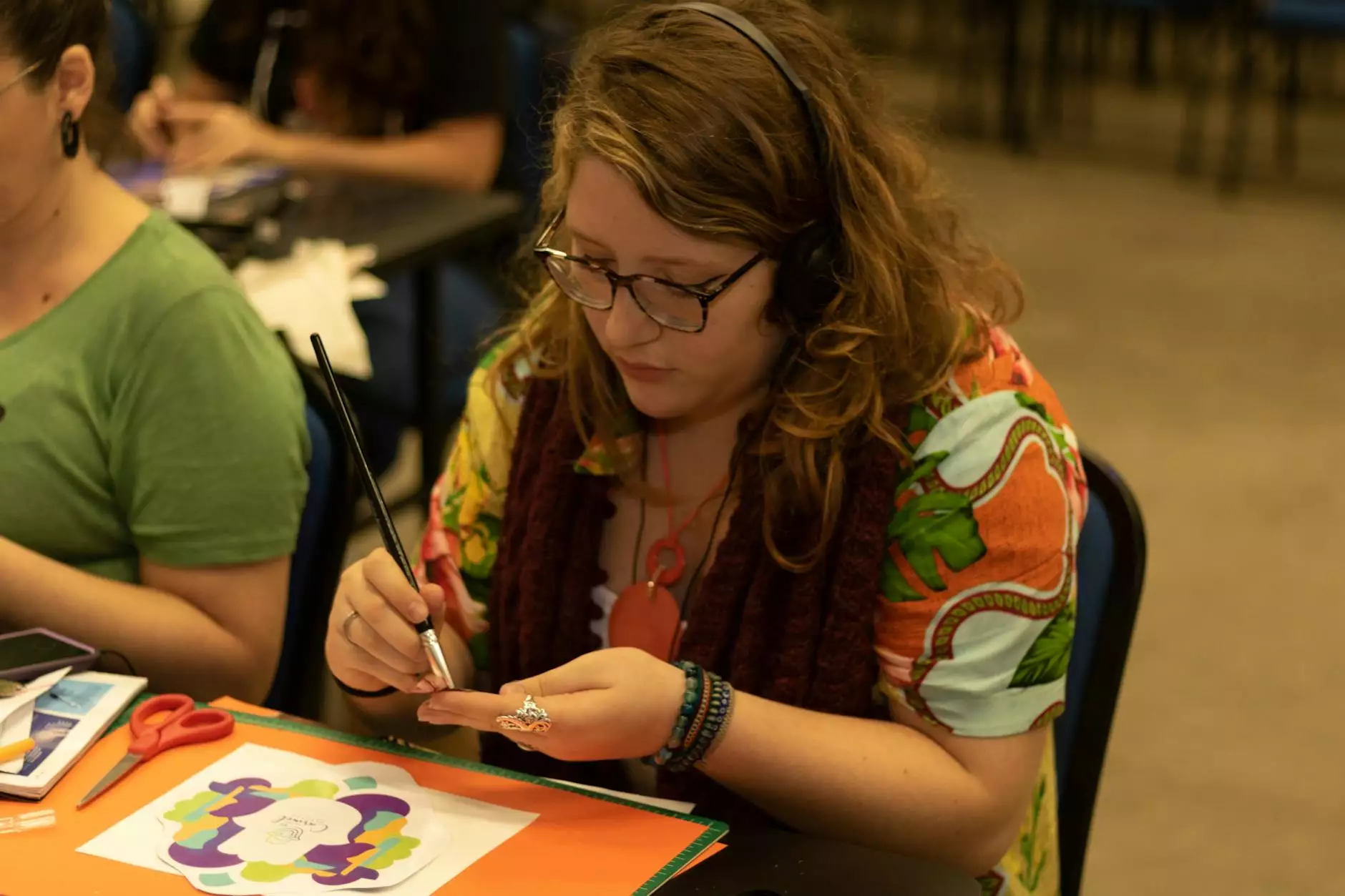A Lesson in Asking and Listening from Ted Lasso
Personal Development
Introduction
Welcome to Holly Katz Performance Coaching, your trusted source for expert consulting and analytical services in the business and consumer services industry. In this article, we delve into the valuable lessons in effective leadership that can be learned from the beloved character Ted Lasso.
Leadership Insights from Ted Lasso
As a seasoned performance coach, I've come across various leadership styles, but Ted Lasso's approach embodies a unique blend of positivity, empathy, and curiosity. His ability to ask meaningful questions and truly listen to his team members sets him apart as a remarkable leader. Let's explore the importance of asking and listening in leadership and how you can apply these principles to elevate your own leadership skills.
The Art of Asking
Effective leaders understand that asking the right questions is crucial for gaining insights, understanding challenges, and improving performance. Ted Lasso's curiosity drives him to ask questions that dig deeper, encouraging open dialogue and fostering a supportive environment within the team.
When you ask thoughtful questions, you empower your team members to share their ideas, concerns, and perspectives. This cultivates a sense of trust and collaboration, resulting in enhanced problem-solving and innovative solutions. Remember, the key lies not only in the questions you ask but also in actively listening to the responses.
The Power of Listening
Listening is an essential skill that many leaders overlook. However, Ted Lasso's dedication to truly hearing what his team has to say demonstrates the impact active listening can have on fostering authentic connections and gaining a deeper understanding of your team's needs.
As a leader, it's crucial to create an environment where team members feel heard and valued. Actively listen to their input, ideas, and feedback. By doing so, not only do you empower your team, but you also gain valuable insights into their strengths, weaknesses, and areas for improvement. Make a conscious effort to be present, practice empathy, and demonstrate respect for your team members' perspectives.
Applying the Lessons to Your Leadership
Now that you understand the significance of asking and listening in effective leadership, let's explore how you can integrate these lessons into your own leadership style.
1. Cultivate Curiosity
Develop a genuine curiosity about your team members and their experiences. Ask open-ended questions that encourage them to share their thoughts and ideas. This curiosity fosters a culture of continuous learning and growth within your organization.
2. Prioritize Active Listening
When engaging in conversations with your team, practice active listening. Give your undivided attention, maintain eye contact, and provide non-verbal cues to show that you are fully present. This level of attentiveness and genuine interest will make your team members feel valued and understood.
3. Create Space for Dialogue
Establish platforms for open dialogue and feedback sessions. Encourage your team to express their opinions, concerns, and suggestions. This creates an inclusive environment where everyone feels comfortable speaking up, fostering collaboration and innovation.
4. Embrace Constructive Feedback
Feedback is essential for growth, both for individuals and the organization as a whole. Create a feedback culture that encourages constructive criticism and celebrates wins. By actively seeking and incorporating feedback, you show your commitment to continuous improvement, which inspires your team to do the same.
Conclusion
As a leader, your ability to ask meaningful questions and listen actively can transform your leadership style. Ted Lasso's insights remind us of the power of curiosity and empathy in building strong relationships, enhancing teamwork, and driving positive change. At Holly Katz Performance Coaching, we understand the value of effective leadership. Contact us today to unlock your leadership potential and harness the power of asking and listening in achieving your business goals.










